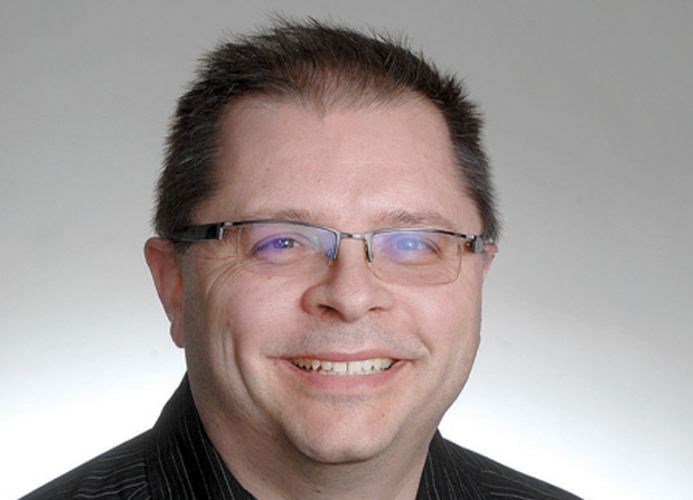The story of politics in democracies is the story of decent, well-meaning, highly-intelligent individuals who run for political office with the best of intentions to introduce real change, only to discover, after winning a seat at the table, how limited their power really is.
Some people adapt to the new realities, some become cynical and jaded, others become angry and rebel against the system and many leave, utterly disillusioned with the process.
Kate Cooke's frustration was on full display Tuesday night, during her final meeting as a trustee for School District 57. The one-term trustee lost her reelection bid, finishing almost 1,000 votes behind the pack but her outgoing speech, which she also posted online, shouldn't be dismissed as sour grapes from a sore loser.
Cooke's concerns - and her recommendations to the incoming board on how to address those concerns - reveal a deep philosophical difference between her, her fellow trustees and senior school district administration over the very responsibilities of the school board. Gone are the days when school boards had taxation authority and negotiated their own contracts with teaching and support staff. The reality is that school trustees have been reduced to little more than sitting on a governance board, making spending decisions and overseeing and providing guidance to their single employee, the superintendent. For the most part, policy is set by the Ministry of Education, with little room to move on all but a handful of issues.
Cooke clearly didn't want to be a passive overseer of Superintendent Brian Pepper and his leadership team. She wanted to be part of an active group of trustees that got its hands dirty on the business of education, made decisions quickly and expected the superintendent to implement those decisions without delay. What she got was a board, under chair Sharel Warrington and vice-chair Tim Bennett (both re-elected), that moved slowly and carefully, studied issues before making decisions and left Pepper free to be an administrator.
"Board acted largely as an extended arm of management," Cooke said. "We were often told to accept board decisions, keep our opinions to ourselves, and leave all media interviews to the board chair or superintendent."
She went on to complain about "gag orders" placed on principals and other staff.
She introduced a motion Tuesday for a whistleblower and freedom of speech policy, which was promptly shipped off to a committee for further study.
That was a prudent response. Trustees should look to other school districts to see if there is similar policy, should consult with senior administration about the feasibility of such a policy and should also consult with the education ministry about possibly overstepping their bounds as a school board or exposing themselves legally with such a policy.
Cooke won't be the last local politician infuriated by the power of administration, the dominance of bureaucracy and the unwillingness of fellow elected officials to seize the wheel. Brian Skakun has made a career out of it on Prince George city council. The difference, however, is that Skakun picks his battles, seeks support from his council colleagues to support his efforts and does not resent those colleagues when they still disagree with him because they were elected the same way he was. Based on her outgoing statement, it appears Cooke saw her fellow trustees and school district administrators as obstacles in her path, rather than individuals who care deeply about education, just like she does.
Politicians get things done when they show a willingness to work with others, a willingness to compromise on their goals because getting some things done is better than getting nothing done at all, a willingness to listen and learn from others at the table and a respect for administrators to operate a complex public sector bureaucracy.
Cooke could have been right on every single issue during her three years on school board but being right gets politicians nowhere unless they're able to convince a majority of their colleagues about the legitimacy of their ideas. On her way out, Cooke spoke of how trustees weren't doing their jobs and getting things done like they should. Clearly, the majority of her colleagues had different ideas, not only about what needed to be done but also about what their job was and how to do it.



